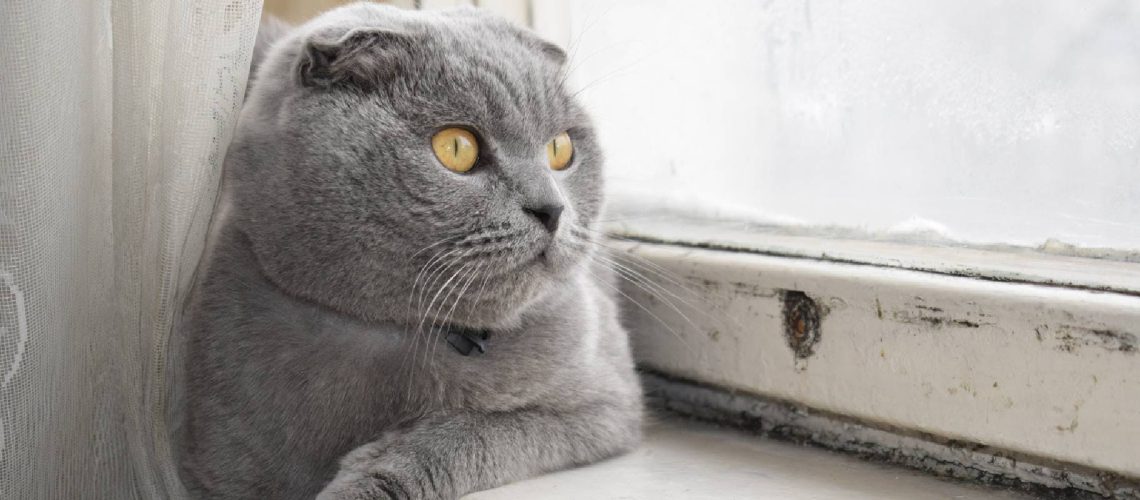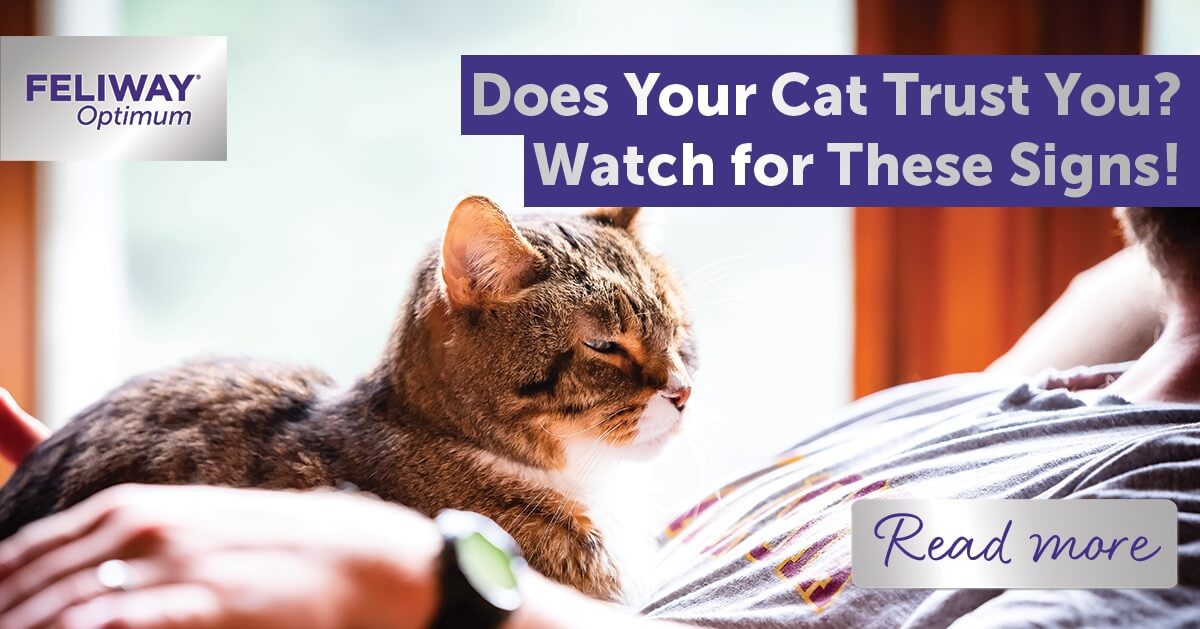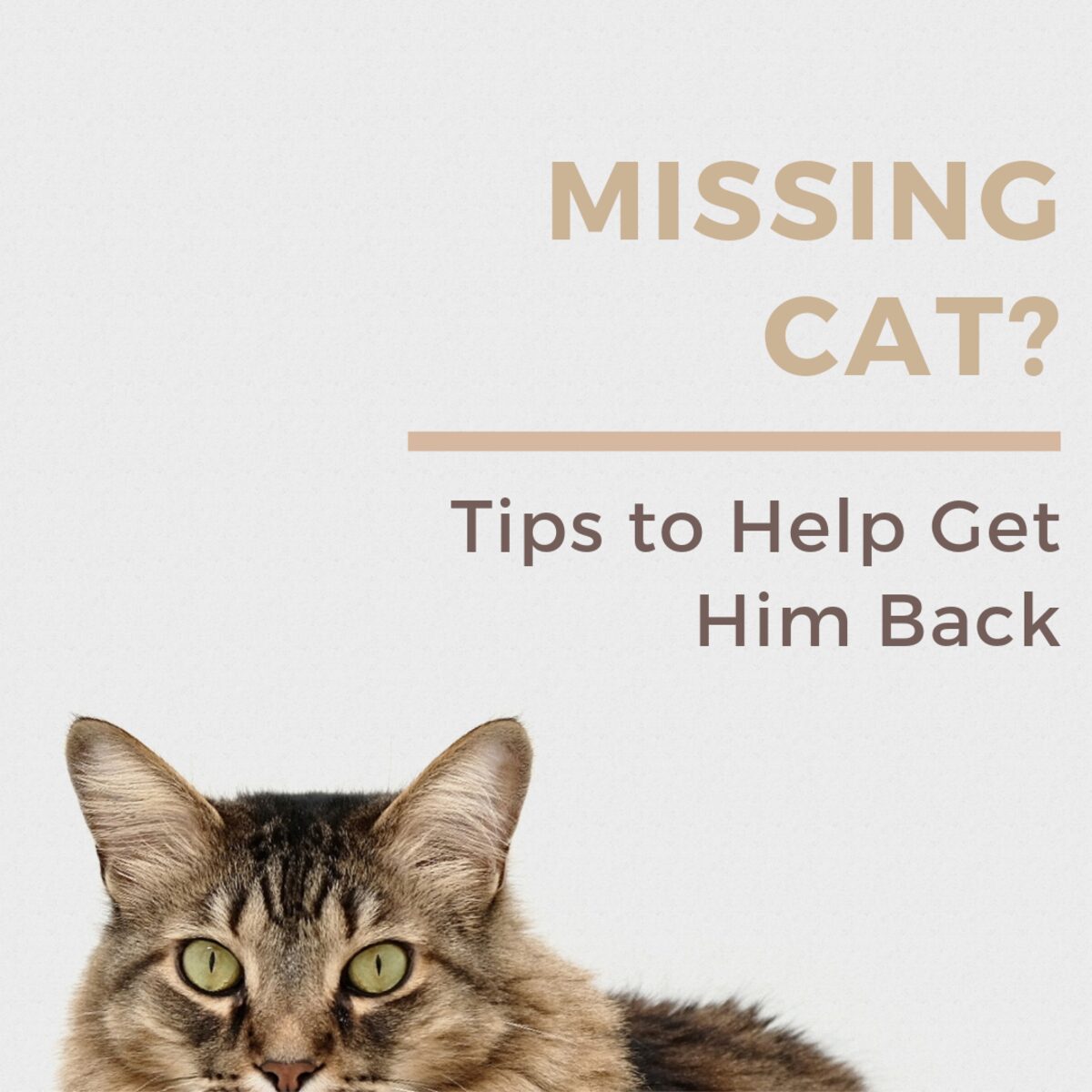Are you feeling a little down after returning from your vacation? Well, you're not alone! Many cat owners experience what is commonly known as the "Vacation Blues." These are feelings of sadness and guilt that arise when we leave our furry friends behind while we go off to enjoy some much-needed relaxation. In this article, we will delve into the reasons why cats may miss us while we're away, the signs they exhibit when experiencing the Vacation Blues, and most importantly, how we can help alleviate their distress. So grab a cozy spot and get ready to discover how you can make your next vacation a purr-fect experience for both you and your feline companion!
Key Takeaways:
- Cats can experience separation anxiety when their owners go on vacation.
- Providing a familiar environment and routine can help alleviate vacation blues in cats.
- Leaving behind comforting items, such as clothing with the owner's scent, can provide comfort to cats while they are away.
- Hiring a pet sitter or asking a trusted friend or family member to check in on the cat can help reduce stress and loneliness during the owner's absence.
- Upon returning from vacation, spending quality time with the cat and showing them love and attention can help ease their transition back to normalcy.
Vacation Blues: Why Cats Miss You
Understanding Your Cat's Emotions
Have you ever wondered why your cat seems sad when you're on vacation? It turns out that cats can experience feelings of loneliness and separation anxiety, just like humans. Cats are creatures of routine and they form strong bonds with their owners. When you suddenly disappear for an extended period, it can be quite distressing for them.
Cats rely on their owners for companionship, comfort, and security. They become accustomed to your presence and the familiar routines you share together. When you're away, they may feel a sense of abandonment or fear that something has happened to you. This can lead to symptoms of sadness or depression in cats.
Signs of Sadness in Cats
- Increased sleeping or lethargy
- Loss of appetite
- Excessive grooming or overgrooming
- Withdrawal from social interaction
- Changes in litter box habits
Why Cats Feel Sad When You're on Vacation
The Importance of Routine and Familiarity
Cats thrive on routine and familiarity. They feel most comfortable when their environment remains consistent and predictable. When you go on vacation, not only are you physically absent, but the daily routines and rituals that your cat relies on are disrupted as well.
Cats have a keen sense of time and can become accustomed to specific feeding times, play sessions, and cuddle moments with their owners. When these routines are suddenly changed or absent altogether, it can cause stress and anxiety in cats.
Tips to Help Your Cat Feel Less Lonely
- Leave behind an item with your scent, such as a shirt or blanket, to provide comfort and familiarity.
- Ask a trusted friend or family member to visit your cat regularly and spend quality time with them.
- Provide interactive toys and puzzles to keep your cat mentally stimulated and entertained in your absence.
- Consider using pheromone diffusers or calming sprays to create a soothing environment for your cat.
Signs Your Cat May Have "Vacation Blues"
Recognizing the Symptoms of Feline Depression
Cats are masters at hiding their emotions, but there are subtle signs that may indicate they are feeling down. If you notice any of the following behaviors in your cat after returning from vacation, they may be experiencing the "vacation blues":
- Avoiding eye contact or hiding more often than usual
- Becoming less playful or interactive
- Increase in vocalizations, such as meowing or yowling
- Changes in grooming habits, such as excessive licking or neglecting grooming altogether
If you observe these behaviors in your cat, it's important to give them extra love and attention to help them adjust back to their normal routine. Patience and understanding can go a long way in helping your furry friend overcome their temporary sadness.
Toys and Activities to Keep Your Cat Entertained During Your Vacation
Finding Fun Ways to Keep Your Cat Occupied
While you're away on vacation, it's essential to provide your cat with plenty of entertainment and mental stimulation to prevent boredom and loneliness. Here are some toys and activities that can help keep your cat entertained:
- Puzzle feeders: These interactive toys dispense small amounts of food, encouraging your cat to work for their meals.
- Feather wands: Cats love chasing and pouncing on feather wands, providing them with exercise and mental stimulation.
- Window perches: Placing a perch near a window allows your cat to observe the outside world, which can be entertaining and stimulating.
- Interactive treat-dispensing toys: These toys require your cat to figure out how to retrieve treats, keeping them engaged and entertained.
Remember to rotate the toys regularly to keep things interesting for your cat. Additionally, leaving a radio or TV on at low volume can provide some background noise and make your absence feel less lonely for your feline friend.
Do Cats Forget Their Owners After a Long Vacation?
The Strength of the Human-Animal Bond
Cats have incredible memories and can remember their owners even after an extended period of separation. While they may feel sad or confused during your absence, once you return, they will likely recognize you and quickly reestablish their bond with you.
It's important to give your cat time to readjust after a long vacation. They may need some extra reassurance and attention from you as they settle back into their routine. With patience and love, the strong connection between you and your furry companion will remain intact.

Making the Transition Easier for Your Cat After Your Vacation
Easing Your Cat's Anxiety During Reentry
Returning home from vacation can be overwhelming for cats who have been missing their owners. To help ease their anxiety and make the transition smoother, try these tips:
- Start by giving your cat some space and time to explore their surroundings and readjust at their own pace.
- Reestablish their routine as quickly as possible, including regular feeding times, play sessions, and cuddle moments.
- Provide extra attention and affection to reassure your cat that you are back and everything is back to normal.
By following these steps, you can help your cat feel more secure and comfortable after your vacation. Remember, patience is key as they may need a little extra time to fully readjust.
Creating a Familiar Environment
1. Set up a Cozy Space
When you return from your vacation, it's important to create a comfortable and familiar environment for your cat. Set up a cozy space with their favorite bed, toys, and blankets. This will help them feel secure and relaxed after being away from home.
2. Maintain Their Routine
Cats thrive on routine, so try to stick to their regular schedule as much as possible. Feed them at the same times each day and provide fresh water. If they are used to playtime or cuddle sessions in the evening, make sure to continue these activities. Consistency will help ease their transition back into their daily routine.
Tips:
- Place their litter box in a quiet and accessible area.
- Provide scratching posts or boards to satisfy their natural instincts.
- Use pheromone diffusers or sprays to create a calming atmosphere.
Gradual Reintroduction to Outdoor Space
1. Start with Supervised Visits
If your cat is used to going outdoors, it's important to reintroduce them gradually after your vacation. Begin by supervising short visits outside while keeping an eye on their behavior and surroundings. This will allow them to readjust slowly without feeling overwhelmed.
2. Increase Outdoor Time Gradually
As your cat becomes more comfortable, gradually increase the duration of their outdoor visits. Monitor how they interact with the environment and ensure they are safe from any potential hazards such as busy roads or aggressive animals.
Tips:
- Use a harness and leash for added control during outdoor visits.
- Provide plenty of shade and shelter in case your cat wants to retreat.
- Offer treats or rewards when they exhibit positive behavior during outdoor time.
Reestablishing Bonding and Affection
1. Spend Quality Time Together
After being away, your cat may crave extra attention and affection. Make sure to spend quality time with them, engaging in activities they enjoy. This could include grooming sessions, interactive play, or simply cuddling on the couch.
2. Reinforce Positive Associations
To strengthen the bond with your cat, reinforce positive associations by rewarding good behavior. Use treats or verbal praise when they display desirable actions such as using their litter box or scratching posts. This will encourage them to continue these behaviors.
Tips:
- Avoid punishing or scolding your cat for any accidents or undesirable behavior.
- Provide a variety of toys and interactive games to keep them mentally stimulated.
- Consider using puzzle feeders to make mealtime more engaging.
Remember, each cat is unique, so be patient and understanding during their transition period. By creating a familiar environment, gradually reintroducing outdoor space, and reestablishing bonding and affection, you can help make the transition easier for your beloved feline friend.
In conclusion, it is natural for cats to miss their owners when they go on vacation. By providing them with proper care and attention before leaving, such as leaving familiar scents and toys, we can help alleviate their anxiety and ensure a smooth transition until we return.
Do cats miss their owners when they go on vacation?
Cats are highly sociable animals that have a strong need for attention. When you are away, they will feel a void because you are the provider of their love and affection.
Why does my cat not recognize me after vacation?
Cats are sensitive to change and your absence has not only disrupted their daily routine but also their connection with you. Experts suggest gradually reintroducing yourself to your cat and helping them adjust back to their normal routine.
What happens to cats when you go on vacation?
If you need to find a place for your cat to stay while you're away, you can consider a boarding facility. Although this might work for certain cats, it can also be quite stressful for others. If you have no other choice, try to find a boarding facility that separates cats from dogs.
Do cats know how long you're gone?
Although cats may not be aware of the exact number of hours they are left alone, they can sense when their owners are away and may experience feelings of loneliness, boredom, and anxiety. Furthermore, research suggests that smaller animals with higher metabolisms may perceive time at a slower pace, implying that cats might have a different perception of time compared to humans.
How do cats act when they miss their owners?
Cats may follow you around the house and may also rub against your legs. They may appear agitated when you come back home and may exhibit unusual behavior, such as urinating outside the litter tray or seeking comfort in areas with your scent.
Do cats get lonely vacation?
Even if your cat tends to be more reserved when there are visitors around, they can still feel lonely when there is no human interaction for the duration of your absence. This is why it is advisable to have a pet sitter or someone who can periodically check on your cat while you are away.

















